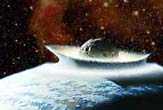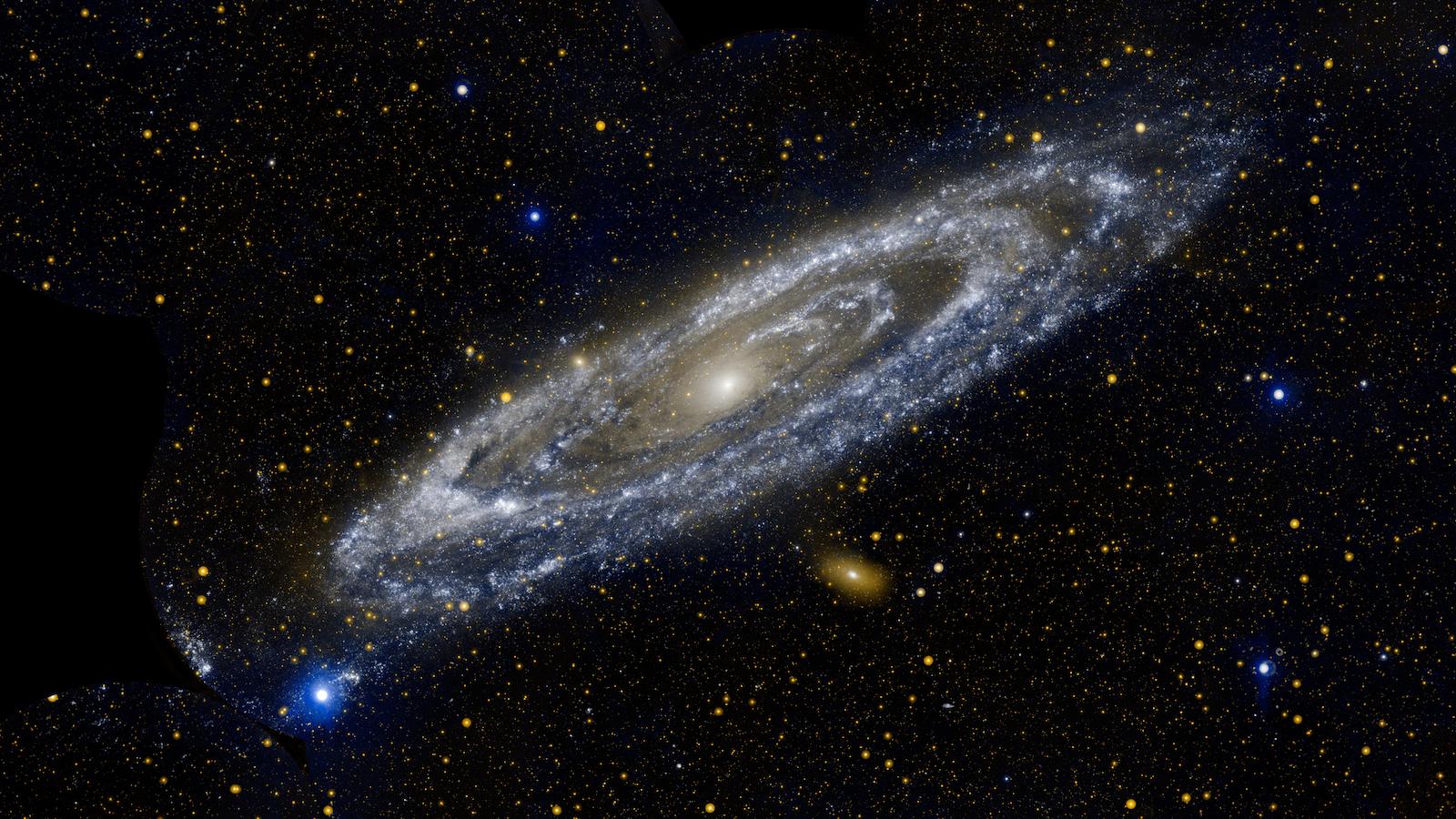Lessons Not Learned: World 'Totally Unprepared' for Potential Global Disaster

Get the world’s most fascinating discoveries delivered straight to your inbox.
You are now subscribed
Your newsletter sign-up was successful
Want to add more newsletters?

Delivered Daily
Daily Newsletter
Sign up for the latest discoveries, groundbreaking research and fascinating breakthroughs that impact you and the wider world direct to your inbox.

Once a week
Life's Little Mysteries
Feed your curiosity with an exclusive mystery every week, solved with science and delivered direct to your inbox before it's seen anywhere else.

Once a week
How It Works
Sign up to our free science & technology newsletter for your weekly fix of fascinating articles, quick quizzes, amazing images, and more

Delivered daily
Space.com Newsletter
Breaking space news, the latest updates on rocket launches, skywatching events and more!

Once a month
Watch This Space
Sign up to our monthly entertainment newsletter to keep up with all our coverage of the latest sci-fi and space movies, tv shows, games and books.

Once a week
Night Sky This Week
Discover this week's must-see night sky events, moon phases, and stunning astrophotos. Sign up for our skywatching newsletter and explore the universe with us!
Join the club
Get full access to premium articles, exclusive features and a growing list of member rewards.
Disasters rarely come as a total surprise. At least not to the scientists who study them and the politicians who plan for them.
Yet preparations are rarely adequate. And that concerns a group of adventurers who know something about one of the deadliest potential catastrophes.
Poor responses to a recent spate of particularly deadly disasters around the world highlight the need to prepare for an asteroid impact that could be far more catastrophic, a group of astronauts and cosmonauts says.
In an open letter to world governments dated Oct. 14, the Association of Space Explorers (ASE) called recent disaster responses inadequate and noted that a major asteroid impact would likely be “predictable and preventable.”
“In most cases it is clear in retrospect that the mitigation measures were inadequate not due to lack of understanding, but due to failure to effectively act based on well understood fore-knowledge of the disaster potential,” the ASE letter states.
It is signed by astronaut John Fabian, who flew on the space shuttle in 1983 and 1985, and Russian cosmonaut Alexei Leonov. ASE counts about 300 former spacefarers from about 30 countries as members.
Unprepared for the expected
New Orleans has long been described as a disaster waiting to happen. Scientists have said for decades that a major hurricane would eventually strike, and engineers knew the levees would not hold.
Get the world’s most fascinating discoveries delivered straight to your inbox.
Hurricane Katrina proved them right.
Katrina taught another lesson, one that had already been learned after the Sept. 11 terrorist attacks. Relief efforts along the Gulf Coast were hampered by an inability to communicate. Officials relied primarily on cell and radio towers, many of which were knocked down or simply lost power.
Earthquakes serve as another example of the human propensity to ignore warnings, as buildings in many earthquake zones, including the U.S. Midwest, are not built to withstand predicted shaking, even though the technology involved is well understood.
Last year's deadly tsunami was an event scientists have long predicted, but there was no communication system in place to warn residents of the region, even though in some cases the deadly waves did not arrive for hours.
Slow reaction can also be attributed to a lack of proper planning. Ten days after this month's earthquake in Pakistan, some half a million survivors have yet to see any sort of aid, according to the United Nations World Food Program.
Other disasters that scientists have warned we are not fully prepared for include:
Greater concern
“We astronauts and cosmonauts are particularly concerned by a far more threatening natural disaster for which the world is totally unprepared; namely the future impact of a near-Earth object (NEO) with the Earth,” states the ASE letter.
Damage from an asteroid impact could range from local to regional or even global, in the case of a very large object. Such impacts are rare, and scientists say the odds are very good that a large potential impacting space rock would be spotted years if not decades in advance.
Though the chance of an impact is extremely low in any given year, the stakes are ultimately high.
“Historically the largest of such cosmic impacts have lead to the virtually instantaneous extinction of a majority of the species alive on the planet at the time of impact,” the spacefarers write.
Even a relatively small rock, which conceivably could sneak up on us, could wipe out an entire city or destroy most of a country. The economic ripple effect would be enormous, other experts have cautioned.
Not enough
NASA devotes a few million dollars each year to a limited search program that is closing in on finding all the potentially threatening large asteroids, those that could cause global extinction. But the effort leaves many thousands of smaller objects unaccounted for.
There are no firm plans by any governmental agency to deflect or destroy an incoming object. And there are also no plans to deal with the aftermath of an impact.
Like many astronomers who search for and study asteroids, the ASE members think more should be done to fund surveys and plan for possible deflection of an incoming asteroid.
From the letter: "Given the eventuality of such cosmic collisions and the emerging human capability to actually prevent them, the Association of Space Explorers calls on the governments and relevant international organizations of the world, and their respective leaders, to acknowledge this challenge and accept the responsibility for prevention of these most devastating of all natural disasters."
Meanwhile, one space rock is known to be headed our way. In 2029, asteroid Apophis will pass close to Earth. It will miss the planet, but scientists say the gravitational interaction could set it on a collision course for the future. Some researchers are calling for NASA to mount a mission to place a robot on the rock by 2014 so more can be learned in case a deflection mission is needed.
Robert is an independent health and science journalist and writer based in Phoenix, Arizona. He is a former editor-in-chief of Live Science with over 20 years of experience as a reporter and editor. He has worked on websites such as Space.com and Tom's Guide, and is a contributor on Medium, covering how we age and how to optimize the mind and body through time. He has a journalism degree from Humboldt State University in California.
 Live Science Plus
Live Science Plus











